Filter by
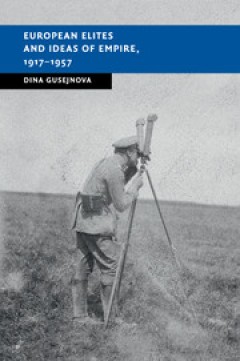
European Elites and Ideas of Empire, 1917-1957
Who thought of Europe as a community before its economic integration in 1957? Dina Gusejnova illustrates how a supranational European mentality was forged from depleted imperial identities. In the revolutions of 1917–1920, the power of the Hohenzollern, Habsburg, and Romanoff dynasties over their subjects expired.
- Edition
- -
- ISBN/ISSN
- 9781316343050
- Collation
- -
- Series Title
- -
- Call Number
- 325.30940 GUS e
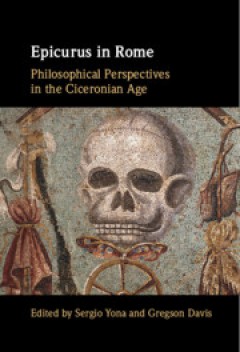
Epicurus in Rome: Philosophical Perspectives in the Ciceronian Age
The role of Greek thought in the final days of the Roman Republic is a topic that has garnered much attention in recent years. This volume of essays, commissioned specially from a distinguished international group of scholars, explores the role and influence of Greek philosophy, specifically Epicureanism, in the late Republic.
- Edition
- -
- ISBN/ISSN
- 9781009281416
- Collation
- -
- Series Title
- -
- Call Number
- 187 YON e
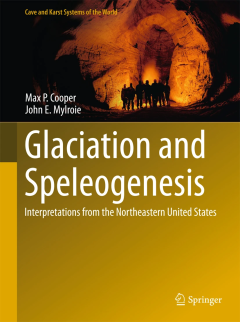
Glaciation and Speleogenesis
Focusing on glaciation and speleogenesis in the region of New York and New England, this book serves as an example of a karst region that has experienced large-scale continental glaciation. It reviews the literature on the controls of glaciation on karst development, exploring examples from the marbles of the Adirondacks, New England and eastern New York, the Ordovician strata of northern New Y…
- Edition
- -
- ISBN/ISSN
- 978-3-319-16533-2
- Collation
- XV, 142
- Series Title
- -
- Call Number
- 550 COO g
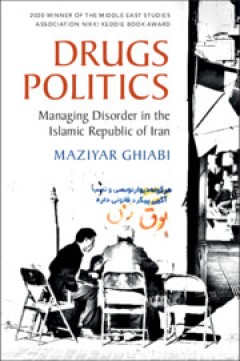
Drugs Politics: Managing Disorder in the Islamic Republic of Iran
Iran has one of the world’s highest rates of drug addiction, estimated to be between two and seven per cent of the entire population. This makes the questions this book asks all the more salient: what is the place of illegal substances in the politics of modern Iran?
- Edition
- -
- ISBN/ISSN
- 9781108567084
- Collation
- -
- Series Title
- -
- Call Number
- 362.29 GHI d
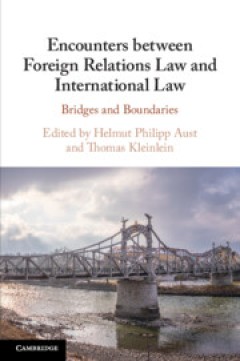
Encounters between Foreign Relations Law and International Law: Bridges and B…
Foreign relations law and public international law are two closely related academic fields that tend to speak past each other. As this innovative volume shows, the two are closely interrelated and depend on each other for their mutual construction and identity.
- Edition
- -
- ISBN/ISSN
- 9781108942713
- Collation
- -
- Series Title
- -
- Call Number
- 341 AUS e
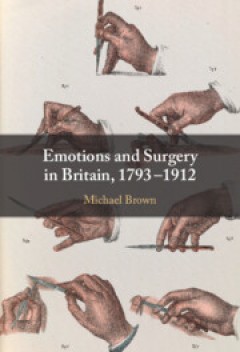
Emotions and Surgery in Britain, 1793-1912
In this innovative analytical account of the place of emotion and embodiment in nineteenth-century British surgery, Michael Brown examines the changing emotional dynamics of surgical culture for both surgeons and patients from the pre-anaesthetic era through the introduction of anaesthesia and antisepsis techniques.
- Edition
- -
- ISBN/ISSN
- 9781108877237
- Collation
- -
- Series Title
- -
- Call Number
- 617.0941
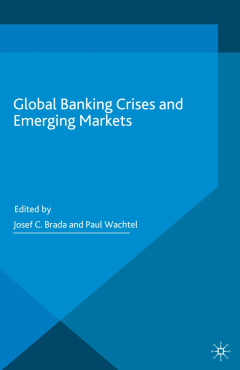
Global Banking Crises and Emerging Markets
This timely reader of seminal papers published by Palgrave on behalf of Comparative Economic Studies, examines how and why foreign banks enter emerging markets and the positive benefits they bring to the host countries.
- Edition
- -
- ISBN/ISSN
- 978-1-349-56185-8
- Collation
- XI, 301
- Series Title
- -
- Call Number
- 330 GLO
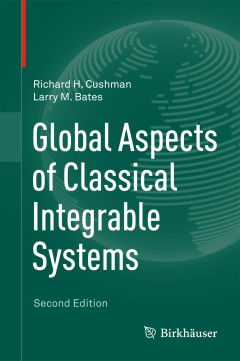
Global Aspects of Classical Integrable Systems
This book gives a uniquely complete description of the geometry of the energy momentum mapping of five classical integrable systems: the 2-dimensional harmonic oscillator, the geodesic flow on the 3-sphere, the Euler top, the spherical pendulum and the Lagrange top. It presents for the first time in book form a general theory of symmetry reduction which allows one to reduce the symmetries in th…
- Edition
- -
- ISBN/ISSN
- 978-3-0348-0917-7
- Collation
- XVIII, 477
- Series Title
- -
- Call Number
- 004 CUS g
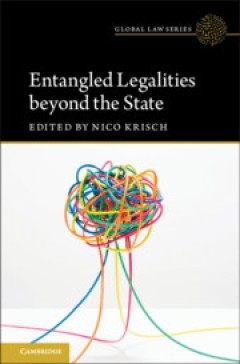
Entangled Legalities Beyond the State
Law is usually understood as an orderly, coherent system, but this volume shows that it is often better understood as an entangled web. Bringing together eminent contributors from law, political science, sociology, anthropology, history and political theory, it also suggests that entanglement has been characteristic of law for much of its history.
- Edition
- -
- ISBN/ISSN
- 9781108914642
- Collation
- -
- Series Title
- -
- Call Number
- 340.9 KRI e

Glial Cells in Health and Disease of the CNS
A timely overview covering the three major types of glial cells in the central nervous system - astrocytes, microglia, and oligodendrocytes. New findings on glia biology are overturning a century of conventional thinking about how the brain operates and are expanding our knowledge about information processing in the brain. The book will present recent research findings on the role of glial cell…
- Edition
- -
- ISBN/ISSN
- 978-3-319-40762-3
- Collation
- -
- Series Title
- -
- Call Number
- 618.928 FLI
 Computer Science, Information & General Works
Computer Science, Information & General Works  Philosophy & Psychology
Philosophy & Psychology  Religion
Religion  Social Sciences
Social Sciences  Language
Language  Pure Science
Pure Science  Applied Sciences
Applied Sciences  Art & Recreation
Art & Recreation  Literature
Literature  History & Geography
History & Geography